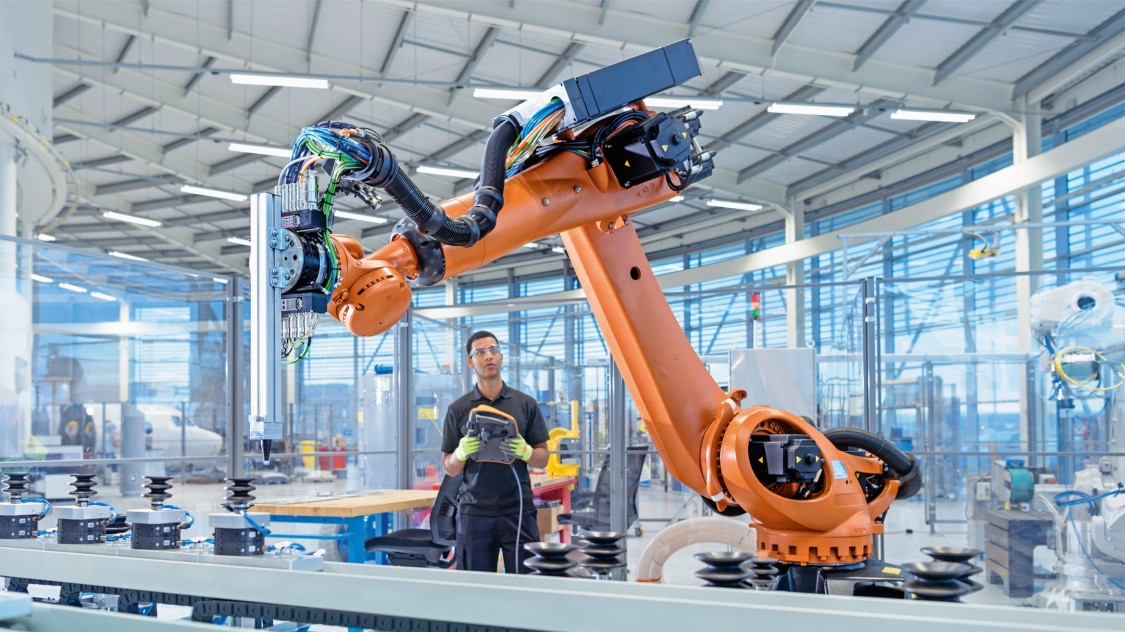
AI-Powered Robots Transform Manufacturing IndustryAI-Powered Robots Transform Manufacturing Industry Artificial intelligence (AI) is revolutionizing the manufacturing industry, unlocking unprecedented levels of automation and efficiency. AI-powered robots are transforming production lines, enabling manufacturers to achieve greater precision, productivity, and flexibility. Increased Automation and Efficiency AI-powered robots can perform complex and repetitive tasks with exceptional accuracy. They leverage computer vision, machine learning algorithms, and advanced sensors to identify objects, manipulate tools, and optimize processes. This frees up human workers to focus on more value-added tasks, such as design, innovation, and customer service. Precision and Quality Control AI-powered robots offer unmatched precision in manufacturing processes. They can perform delicate operations with a level of accuracy that is impossible for humans to achieve manually. This reduces defects, improves product quality, and enhances overall reliability. Flexibility and Adaptability AI-powered robots are highly adaptable and can quickly switch between different tasks. They can be reprogrammed to perform new tasks on the fly, reducing the need for manual intervention and minimizing production downtime. This flexibility enables manufacturers to respond rapidly to changing market demands and production schedules. Real-Time Monitoring and Data Analysis AI-powered robots are equipped with sensors and software that provide real-time data on production processes. This data can be analyzed by AI algorithms to identify inefficiencies, predict breakdowns, and optimize operations. This allows manufacturers to proactively address potential issues and improve overall performance. Benefits for Manufacturers The adoption of AI-powered robots in manufacturing offers numerous benefits: * Improved productivity: Increased automation and precision lead to higher output. * Reduced costs: Automation and efficiency gains reduce labor costs and production overheads. * Enhanced quality: Precision and quality control minimize defects and improve product reliability. * Increased flexibility: Adaptable robots enable quick production changes and personalized products. * Improved safety: Robots can perform hazardous tasks, reducing the risk of accidents. Applications in Manufacturing AI-powered robots are finding applications in various manufacturing sectors, including: * Automotive: Assembly, welding, painting * Electronics: Component placement, testing, inspection * Pharmaceuticals: Drug production, packaging, sterilization * Food and beverage: Processing, packaging, quality control * Textiles: Fabric handling, cutting, sewing Conclusion AI-powered robots are transforming the manufacturing industry by enabling unprecedented levels of automation, efficiency, precision, and flexibility. Manufacturers who embrace this technology will gain a competitive advantage in terms of productivity, quality, and adaptability. As AI continues to advance, the potential of AI-powered robots in manufacturing will continue to grow, shaping the future of this essential industry.
Posted inNews